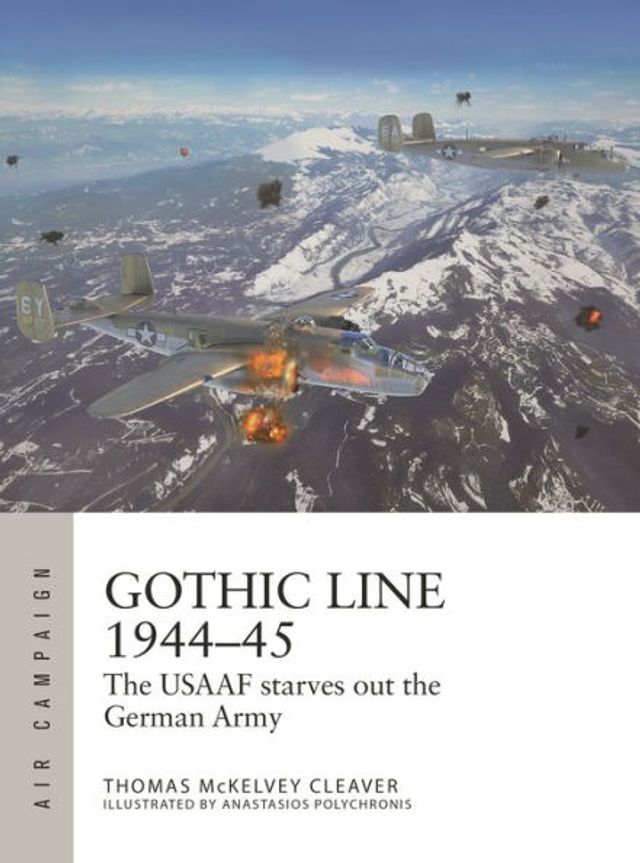Home
'Playboys': B Squadron 141 RAC (The Buffs) 1944-45
Barnes and Noble
'Playboys': B Squadron 141 RAC (The Buffs) 1944-45
Current price: $37.00


Barnes and Noble
'Playboys': B Squadron 141 RAC (The Buffs) 1944-45
Current price: $37.00
Size: Hardcover
Loading Inventory...
*Product information may vary - to confirm product availability, pricing, shipping and return information please contact Barnes and Noble
141 Regiment was the first RAC unit to be equipped with the 'Crocodile' flame-throwing tank, introduced as one of the specialised armoured vehicles developed under Major-General Percy Hobart and converted from the Churchill tank for the role of close infantry support.
B Squadron's daring and costly close support of 1st Battalion 116th US Infantry's assault on the heavily defended port of Brest enhanced the reputation of the whole regiment. After the German surrender of the port, the Americans paid tribute to the men of B Squadron in a special memorandum issued by 12 US Army Group which mentioned "the splendid co-operation between The Buffs and the US Infantry, the great courage displayed by the flame-thrower personnel and the skill with which the Crocodiles were handled."
The operations at Caen, the campaign west of the Maas river, The Scheldt, S'Hertogenbosch, Geilenkirchen, the Siegfried Line, the Reichswald, Xanten and the Rhine Crossing tell a similar story.
The narrative is full of detail, written in a witty style to appeal to the former members of the Squadron, but retaining much good historical information that is useful to the modern reader.
B Squadron's daring and costly close support of 1st Battalion 116th US Infantry's assault on the heavily defended port of Brest enhanced the reputation of the whole regiment. After the German surrender of the port, the Americans paid tribute to the men of B Squadron in a special memorandum issued by 12 US Army Group which mentioned "the splendid co-operation between The Buffs and the US Infantry, the great courage displayed by the flame-thrower personnel and the skill with which the Crocodiles were handled."
The operations at Caen, the campaign west of the Maas river, The Scheldt, S'Hertogenbosch, Geilenkirchen, the Siegfried Line, the Reichswald, Xanten and the Rhine Crossing tell a similar story.
The narrative is full of detail, written in a witty style to appeal to the former members of the Squadron, but retaining much good historical information that is useful to the modern reader.


















